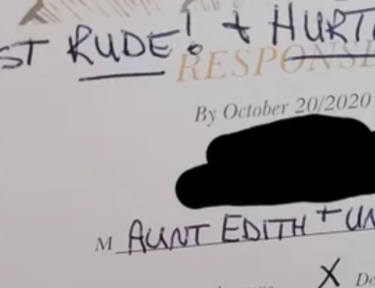How to Easily Tell the Difference Between Bees, Wasps and Hornets
Now that Murder Hornets have entered the U.S., you may be wondering just what the difference is between bees, wasps and hornets. No matter what, you don’t want them stinging you, but unless you’re allergic, a bee sting isn’t nearly as dangerous as a wasp or hornet sting.
How to tell bees, wasps and hornets apart based on what they look like.
Bees, like the classic honeybees that you see near flowers, are the smallest of the three. They are anywhere from a quarter of an inch to an inch long. They also look fussy. The hair on a bee helps them collect honey. They often are yellow with black stripes on their back.
Wasps can be bigger than bees. They are typically a half inch to an inch long. They are not fussy. Instead, they look narrower than bees. They can be a combination of black, yellow and orange.
Hornets are actually a type of wasp, but they are even bigger than normal wasps. That murder hornet you’ve heard about can be 2 inches long.
Where would I see bees, wasps or hornets?
Bees like to live in hollow trees, abandoned rodent burrows or in another unpainted wooden object. You’ll also see them around flowers.
Wasp nests are usually in places like gutters, bushes or along fences. One type of wasp, the yellow jacket, builds its nests on the ground. Wasps like to eat meat, so if you’re having a BBQ, they may come for the meat.
Hornet nests can be found in trees, bushes, hanging from eaves, and even utility poles. Since they are wasps, they also like meat.
Why are wasps and hornets more dangerous than bees?
Typically, bees die after they sting someone. While getting stung by a bee hurts, unless you’re allergic, you’ll probably recover just fine at home.
Wasps and hornets do not die after they sting their victim. They can and will sting multiple times, especially if they feel threatened. It’s not a good idea to swat at a wasp or hornet. That will only make them want to attack even more. It’s better to walk away.
While you shouldn’t let these winged insects ruin your outdoor fun, be sure to stay away from them if you see them.
Have you ever been stung by a bee, wasp or hornet?




